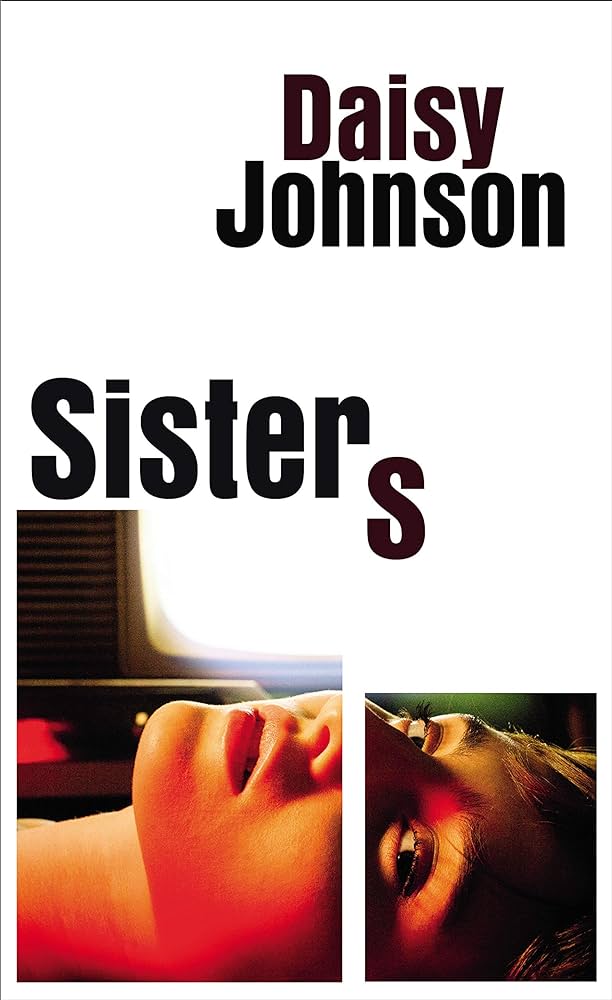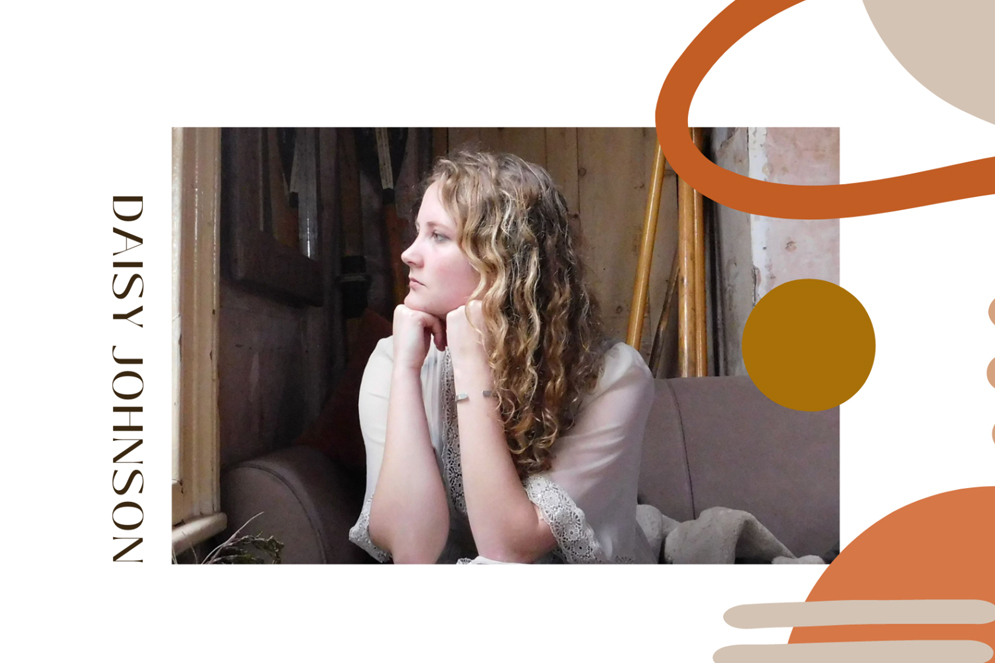Daisy Johnson has been selected as one of the 10 Women’s Prize x Good Housekeeping Futures authors.
A panel of industry experts have chosen 10 female authors aged 35 and under who are exciting, boundary-changing, and inspirational. In other words, the classics of tomorrow for today. Read on to learn more about Daisy’s fiction and why the publishing process, at first, for her felt like walking ‘backwards in the darkness.’
Tell us about the inspiration behind your most recent novel.
My most recent book is called Sisters and it is set in a remote Yorkshire cottage by the sea. For three months of writing it I was living in a camper van with my partner, teaching one day a week at York and the rest of the time parking on the Moors or in laybys on quiet country roads, both of us trying to work. The novel is partly inspired by the claustrophobia of those three months, also by the writing of Shirley Jackson who I was reading a lot at the time. A lot of my writing circles around something which is buried and is slowly coming to light, a memory which is hidden and revealed in fragments; Sisters is about family, motherhood and trauma.
Tell us about your journey to publication.
I was always astounded by books and words as a child, continuously scribbling away. I studied English Literature and Creative Writing at Lancaster and used to hide out late at night in the dark library, working on a secret trilogy which happily has never seen the light of day. After my degree I did a masters in Creative Writing and wrote my first book, Fen, a collection of strange short stories set in the wetlands where I grew up. Understanding the process of publication, to begin with, can be like walking backwards in the darkness and it took me a while to find an agent and then a publisher for my first two books, Fen and Everything Under.

What motivates you as an author?
A number of different things. For each piece of writing to be better than the last, paying the bills, making the reader feel the way I feel when reading my favourite books.
What do you think you’d be if you weren’t a writer?
I once, jokingly, told an Italian journalist that I’d be a shepherd if I wasn’t a writer and there was a sketch of me in a dirndl holding a sheep to accompany the interview. That was a mistake. I sometimes dream I’m a cave diver or a mountain climber, in reality I would probably be, the way I was in my early twenties, a very content bookseller.
WP X GH Futures is about celebrating the female voices of the future – what do you hope to have achieved as a writer in ten years’ time?
The simple answer to this question is: I hope I am still able to write and that I am living off of my writing and reaching readers who enjoy my books.
More complicatedly: I want my books to stay with readers long after they have put them down, I want them to be written as well as I can possibly write them and to challenge me as a writer. I want them to move beyond plot and structurally and linguistically mirror the themes they explore, I want to push and cajole and knead language.
I feel very much that I am learning with every book I read and write and I hope that in ten years that sense of wonder is still with me. I am still astounded often by finding a sentence which feels perfect and thinking: there, that’s exactly it.








